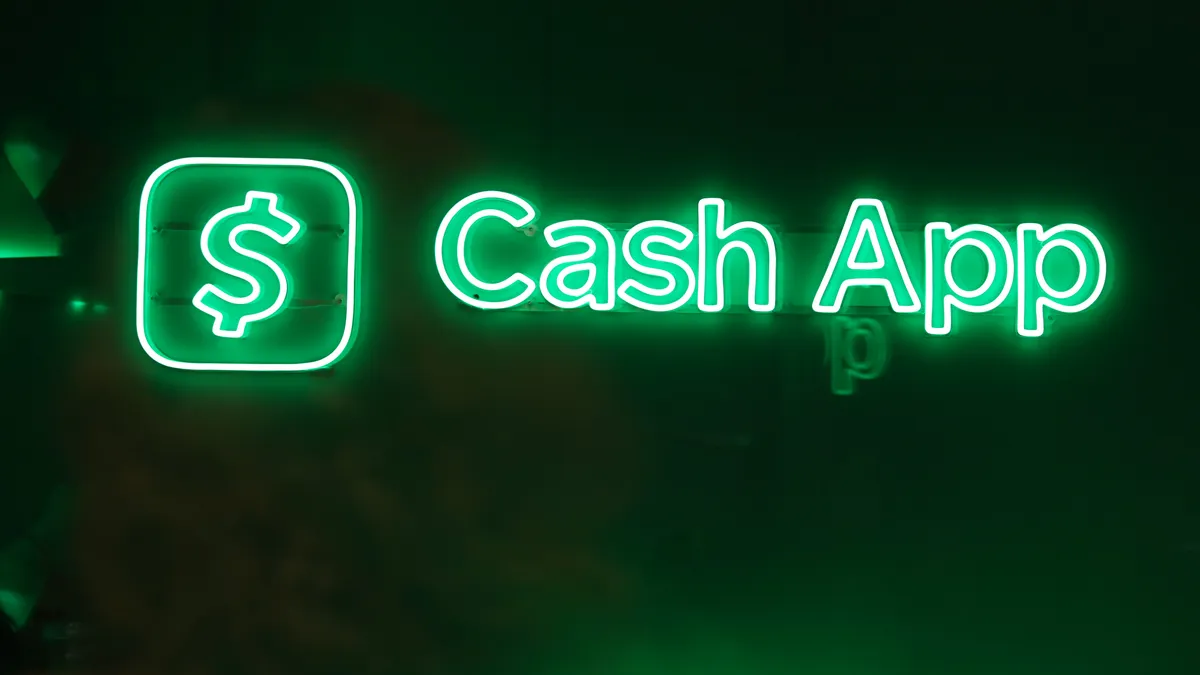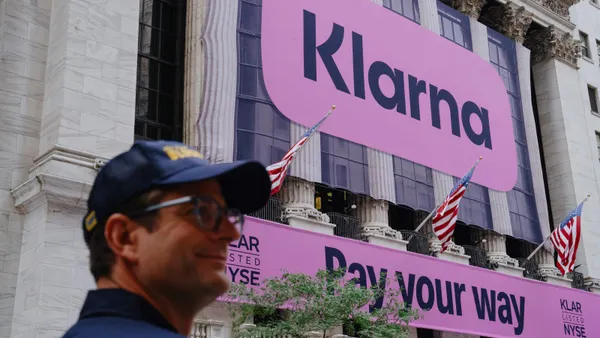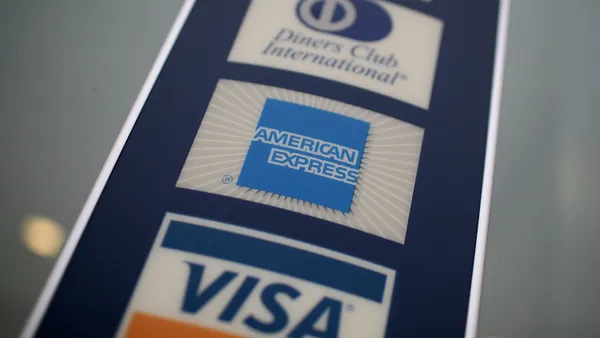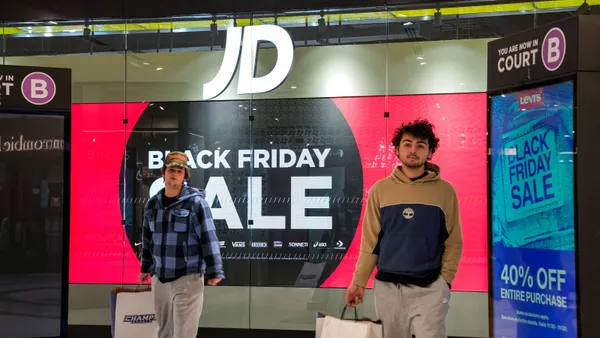Cash App parent company Block has agreed to settle a class action involving spam text messages sent using the digital wallet tool for $12.5 million.
A Cash App user in Washington state filed the lawsuit two years ago alleging that she had received unsolicited text messages via Cash App’s “Invite Friends” feature in violation of the state’s law.
Oakland, California-based Block agreed on June 30 to settle the case.
The proposed settlement still is awaiting a decision by U.S. District Judge Marsha J. Pechman.
Washington has a law barring companies and individuals from sending spam emails to state residents without their consent. The statute was updated in 2003 to encompass text messages and also covers third parties who “initiate or assist” in transmitting those texts, according to court records in the case.
Attorneys for the parties involved in the case didn’t respond to requests for comment, and neither did the office for the Washington Attorney General, which became an intervenor in the case on behalf of the plaintiff.
Chris Drake, a senior vice president for Bridgewater, New Jersey-based telecommunications management and fraud prevention firm Iconectiv, is a consultant in the tech field who has followed the case. He suggested the plaintiff’s complaint was valid.
“By assisting (Cash App users) in the proliferation of spam to subscribers at large, that was a violation of the law,” Drake said in an interview.
The plaintiff, Kimberly Bottoms, said she received text messages from people using the Invite Friends feature, which lets Cash App users push their friends to use the service in exchange for a $5 referral bonus. Bottoms filed the lawsuit against Block in November 2023 in Washington state court, but the case landed in U.S. District Court for Western Washington in December 2023.
Bottoms argued in a court filing that she had not consented to receive those text messages.
Spokespeople for Block did not respond to requests for comment. But in court filings, the company argued that it had not provided “substantial assistance” to Cash App users sending text messages through the “Invite Friends” feature, and said that Bottoms had not proven that Block knew that Cash App users were violating the state law.
“Block did not initiate or assist in the transmission of a text message to Plaintiff and/or others alleged to be members of the putative class,” the company wrote in a court filing.
Nevertheless, the company agreed last month to settle the lawsuit without admitting wrongdoing. The settlement will apply only to Washington state residents who received texts from Cash App users.
Block might have been in the clear if the plaintiffs had alleged it violated federal telecommunications laws, Drake said, but Washington has a provision applying to third-party platforms used to send electronic communications.
The settlement is just one of many multi-million dollar payouts involving Cash App that Block has agreed to this year.
The company in January agreed as part of a legal settlement to pay $255 million to federal and state regulators for violating banking laws in its oversight of Cash App. Regulators, including the Consumer Financial Protection Bureau, alleged that Cash App employed weak security protocols and failed to resolve disputes.
And in April, Block agreed to pay a $40 million fine to resolve allegations by the New York State Department of Financial Services that Cash App employed lax oversight of its financial services.












